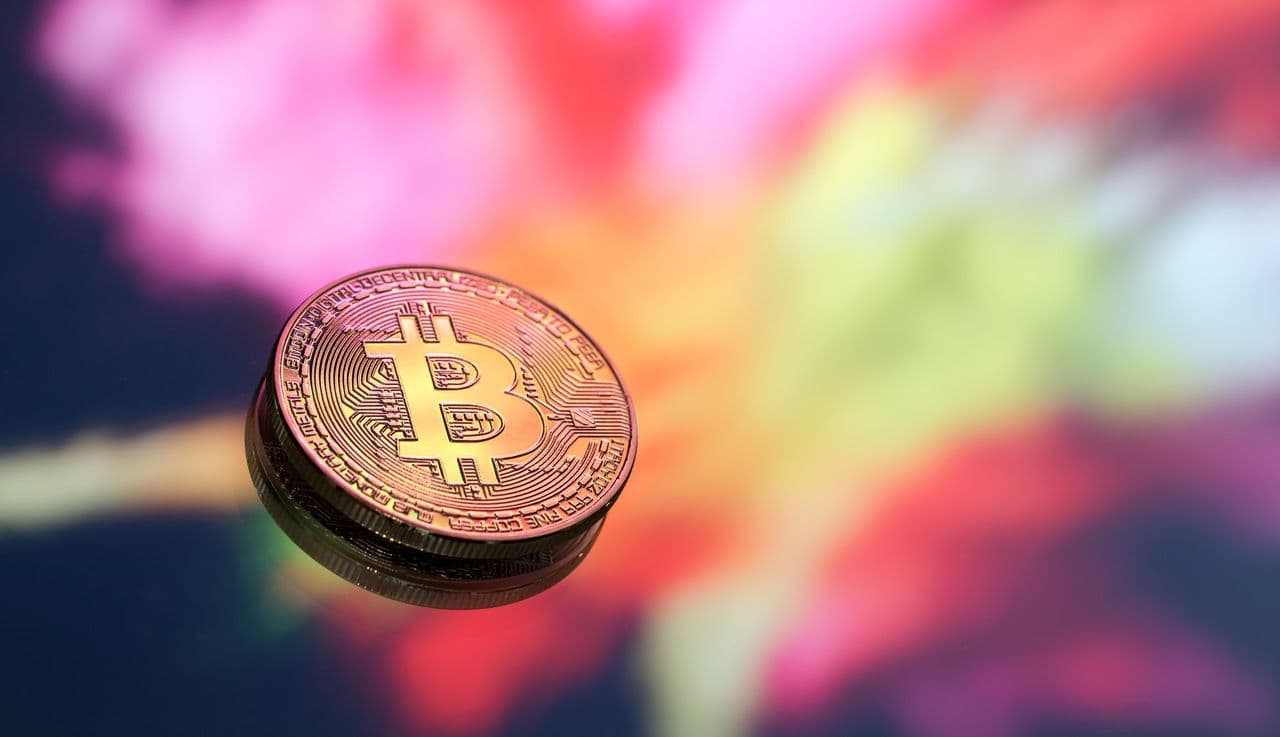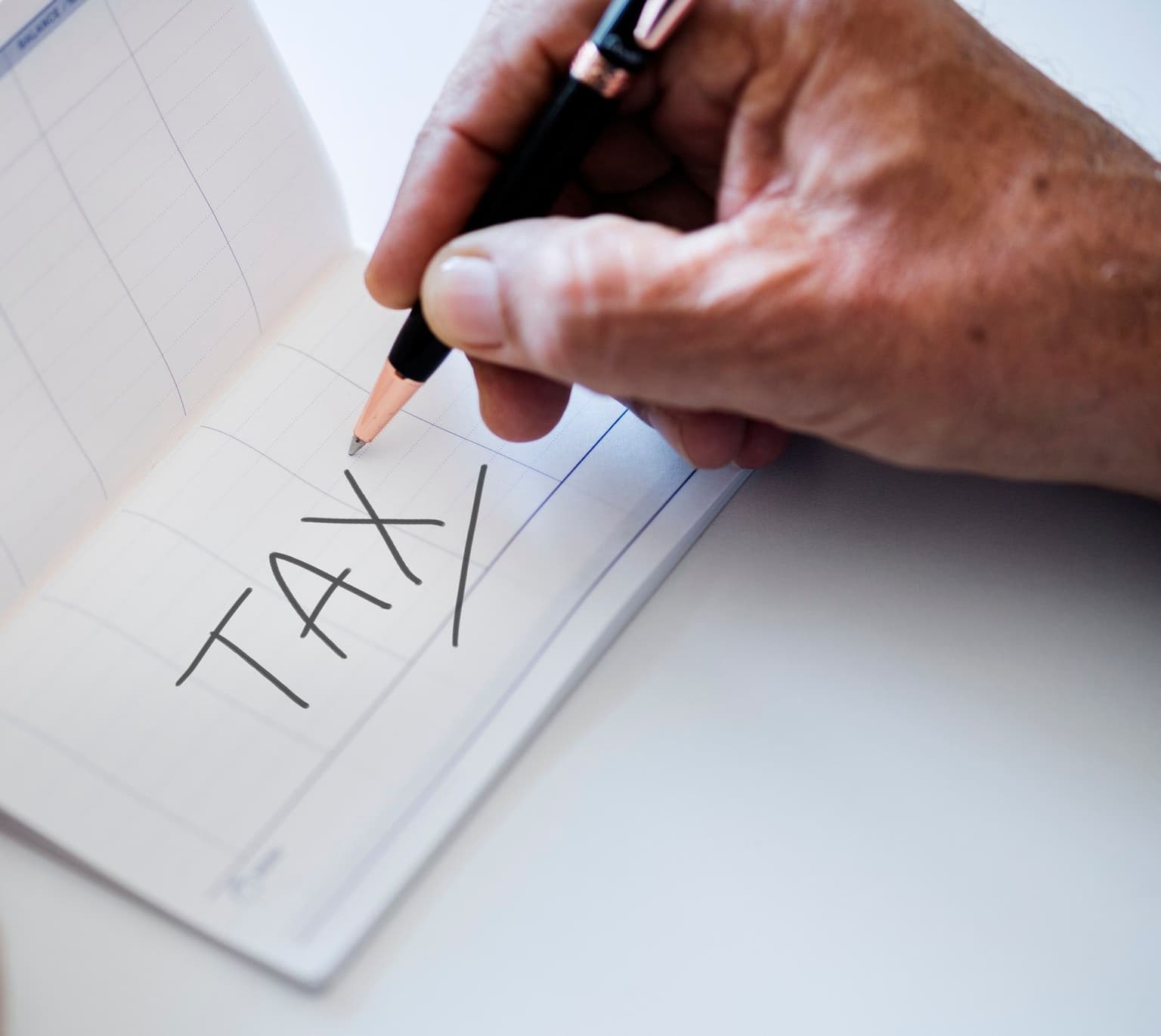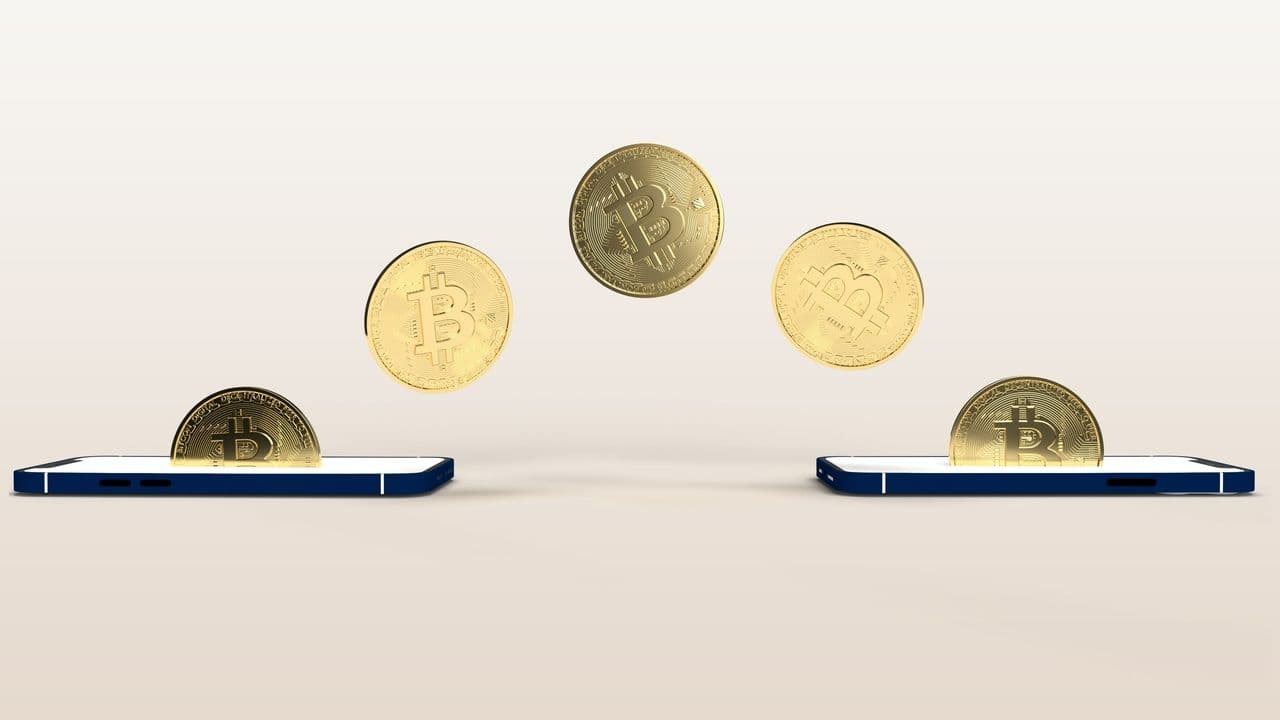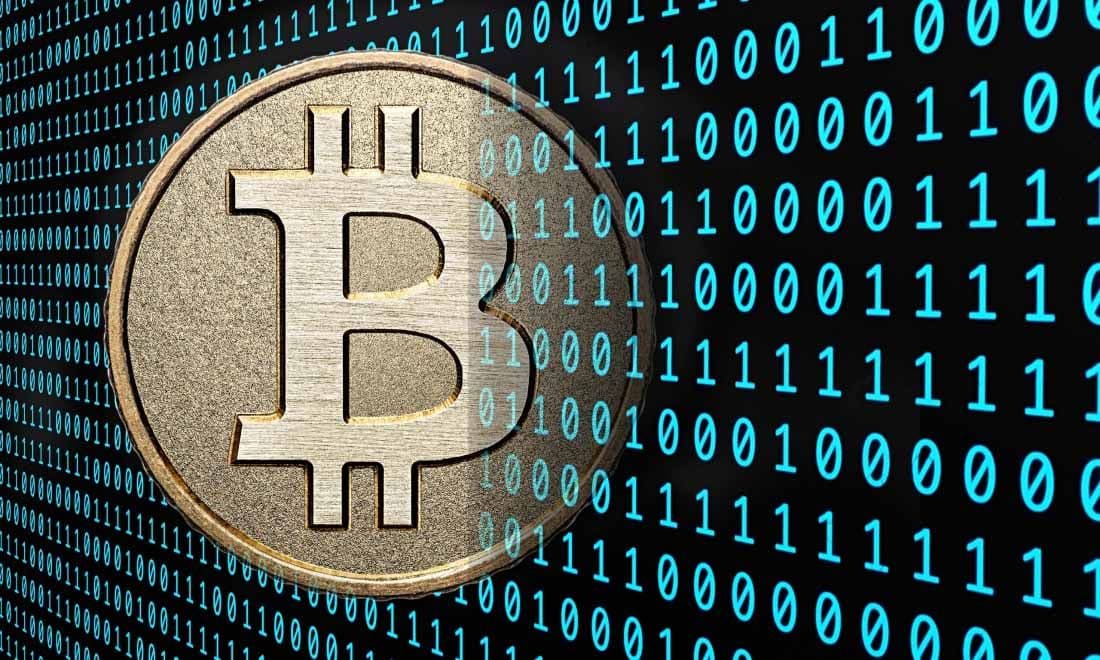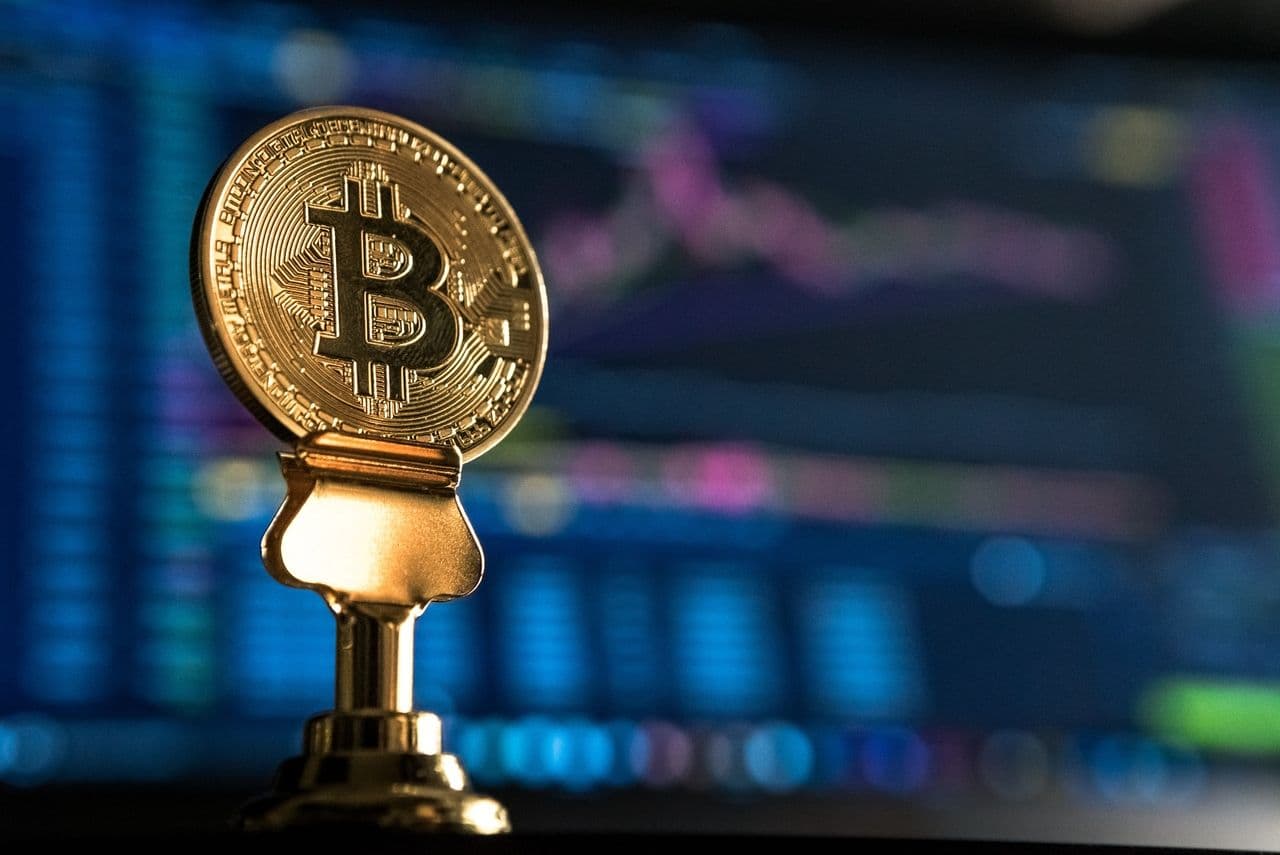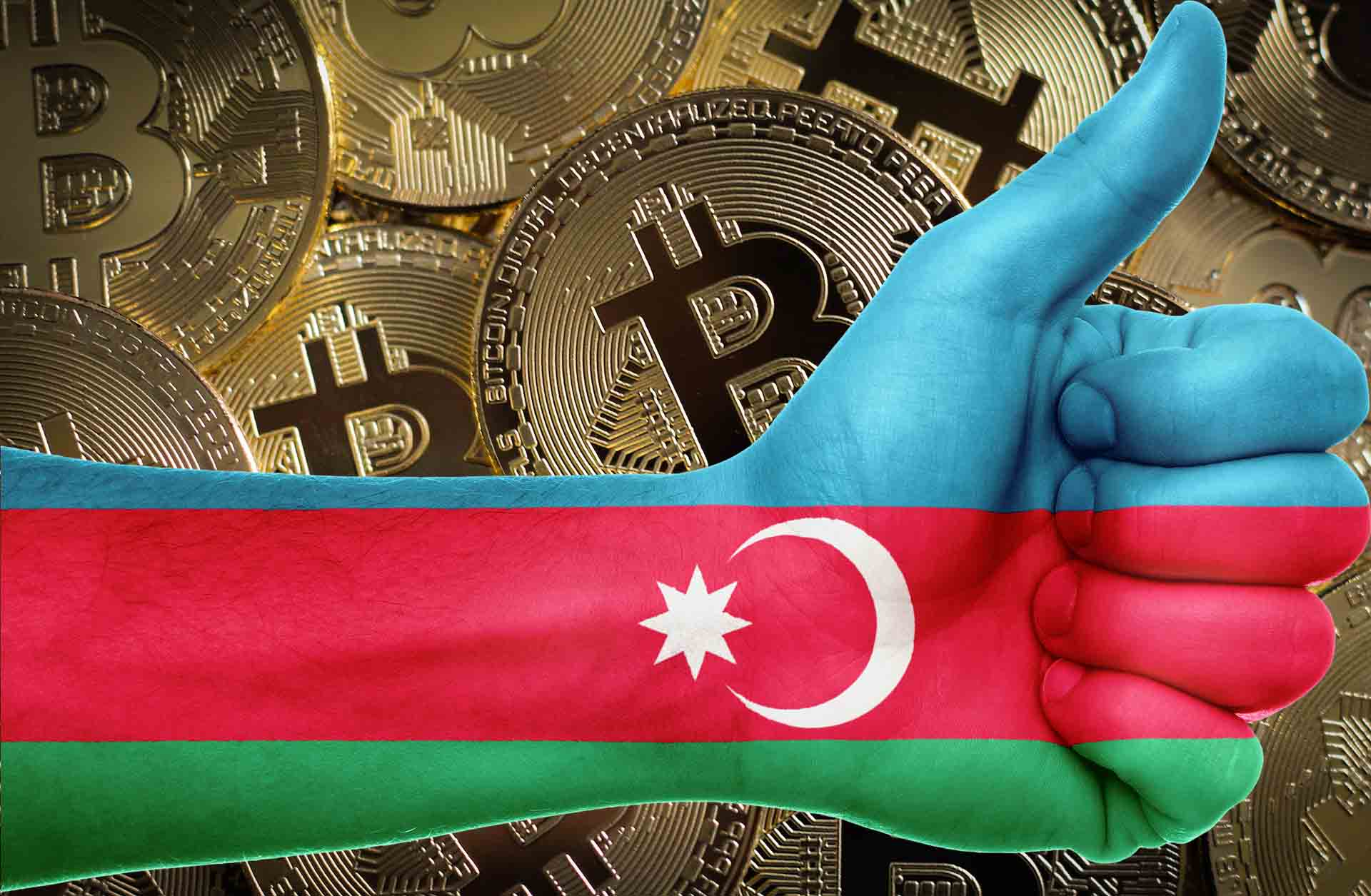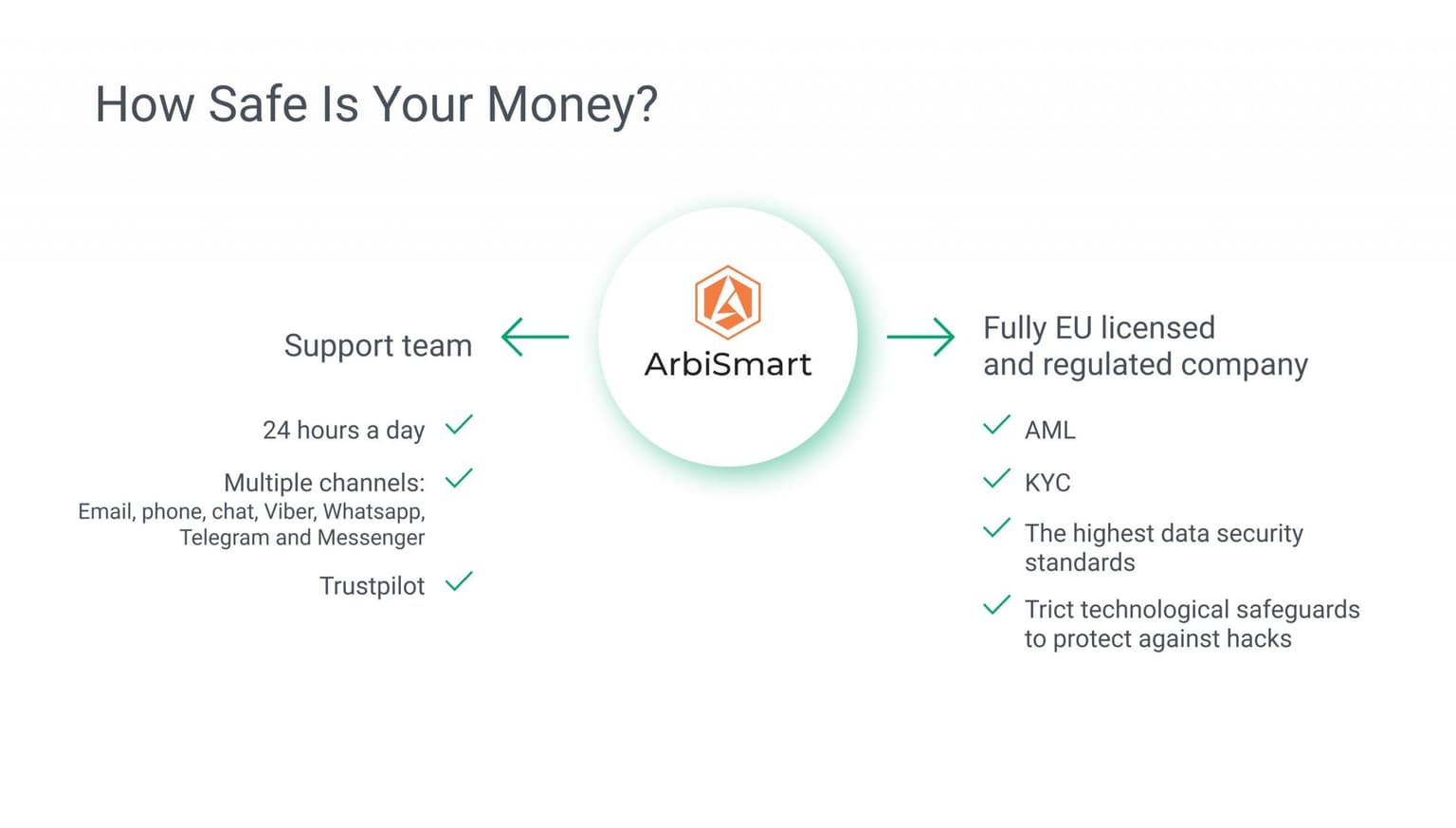Bitcoin Influences Income Tax Court Ruling
The Supreme Court ruled that stocks cannot be charged income tax - referencing Bitcoin and cryptocurrencies with the progress of how we define money

The Supreme Court ruled that stocks do not count as “money remuneration” in Wisconsin Central Ltd. v. United States yesterday, meaning they cannot be charged income tax. But in order to get to this point, the case dug back into the history books and down to the philosophical implications of – what is money exactly? – noting Bitcoin and cryptocurrency with the progression of the concept.
Throughout history it has been giant stones, colorful stones, precious metals, jewels, paper representing those things and now data as cryptocurrency. Compensation for work has been everything that money could buy, such as housing, clothes food, products or stock options.
The court case involved a dispute specifically of whether or not stock options can be charged income tax as a form of “compensation” in the same way that money is. The first question becomes, if an employee is compensated with something that can be easily converted to money, can it be taxed as money?
The Retirement Tax Act of 1937
It started with legislation from generations years ago. This federalized private railroad pension plans and it remains in force today. Private railroads and their employees pay a tax based on employees’ incomes. In return, the federal government provides employees a pension often more generous than the social security system supplies employees in other industries.
Bitcoin Influence
During the time those laws were created, the paper money Americans used to exchange for goods and services truly represented the precious metals that had been used prior. The Gold Standard was still in place. This highlights the shifting nature of what we consider money:
“Moreover, what we view as money has changed over time. Cowrie shells once were such a medium but no longer are … our currency originally included gold coins and bullion, but, after 1934, gold could not be used as a medium of exchange… [P]erhaps one day employees will be paid in Bitcoin or some other type of cryptocurrency.”
Now that we are still using the paper though it has no direct exchangeable value to those precious metals – does it matter if we move to completely digital? Many people around the world are actually being paid with cryptocurrency already, and many merchants accept them as payment for goods or services, such as Overstock.com.
Bitcoin and other cryptocurrencies are taking the next step by representing the Fiat currency that represents the historical value of precious metals.











